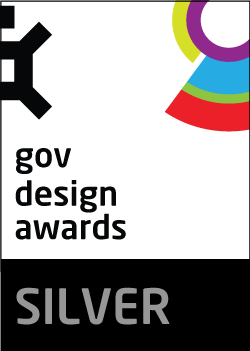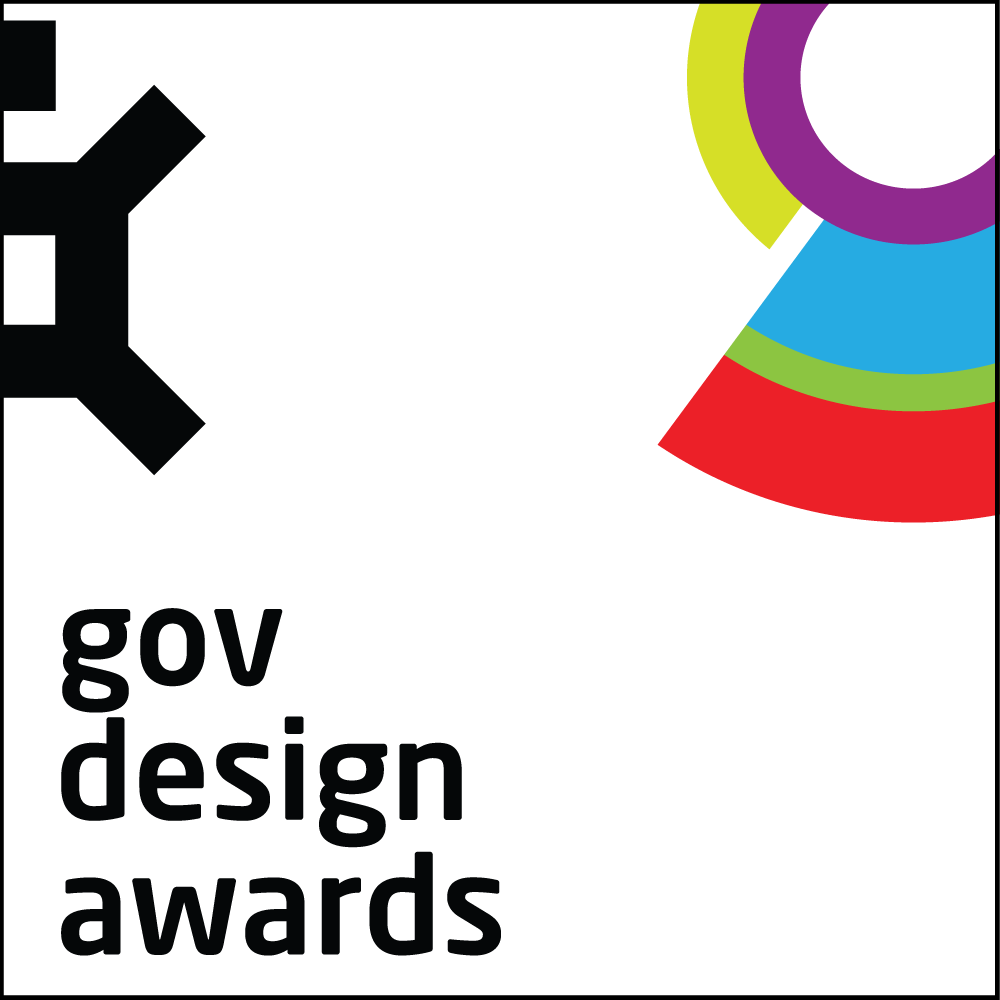






Project Overview
The Degraves Street Recycling Facility was launched in March 2013. The purpose of the program was to change the waste and amenity culture in the café precinct and provide for food waste, cardboard and commingled recycling. The program was borne out of the Integrated Waste Management Program endorsed by Council in 2010. The program included initiatives to trial small-scale organics processing technology and test the model of a shared recycling collection point in the central city.
Organisation
City of Melbourne & Metropolitan Local Government Waste and Resource Recovery Fund
Project Brief
At 28 per cent, food waste is the highest overall category of waste in the 2.8 million tonnes that goes to Melbourne landfills every year. Any effort to reduce that figure is obviously important. As one of the city’s most popular culinary destinations, Melbourne’s Degraves Street has a high density of restaurants, bars and cafés – and they all produce a lot of food waste.
Project Innovation/Need
With support from the Metropolitan Local Government Waste and Resource Recovery Fund, City of Melbourne in 2013 established the Degraves Street Recycling Facility, which includes a Food Waste Dehydrator and more recently, an ORCA aerobic digester.
As well as managing the all-important plastic, paper, cardboard, aluminium and glass recycling, the facility also recycles food waste collected from over 100 cafes and restaurants. Since 2013 the project has diverted approximately 500 tonnes of food waste from landfill.
City of Melbourne’s Degraves Street Recycling Facility includes the easy to operate Food Waste Dehydrator, ORCA aerobic digester, cardboard baler and polystyrene collections. The facility is located in an underground parking lot that City of Melbourne leases from Ross House in Flinders Lane.
Future Impact
The project was designed to engage and educate the 32 businesses within the precinct about recycling, helping them to set up source separation systems in their kitchens and understand the importance of recycling and the issue about food waste in landfills. Recycling Officers were employed to operate the facility and carry out the education component.
The Officers worked collaboratively with the traders in the precinct to overcome challenges such as space constraints, late night operating hours, high staff turnover and behaviour change.
Key achievements of the program include:
A reduction of the garbage waste stream by 66.0%
A resource recovery rate of 66.9%
Food waste reduction of 68.9%
A combined total of 392 tonnes of recycling diverted from landfill
Local community gardens, and Council parks and gardens supplied with biomass created from the food dehydrator
Of the businesses surveyed at the project completion, 100% described their satisfaction level as either ‘satisfied’ or ‘very satisfied’ with the project as a whole.
Service - Community
This award celebrates creative and innovative solution design for the successful delivery and provision of community services. Consideration given to system integration, user experience, product design
More Details

